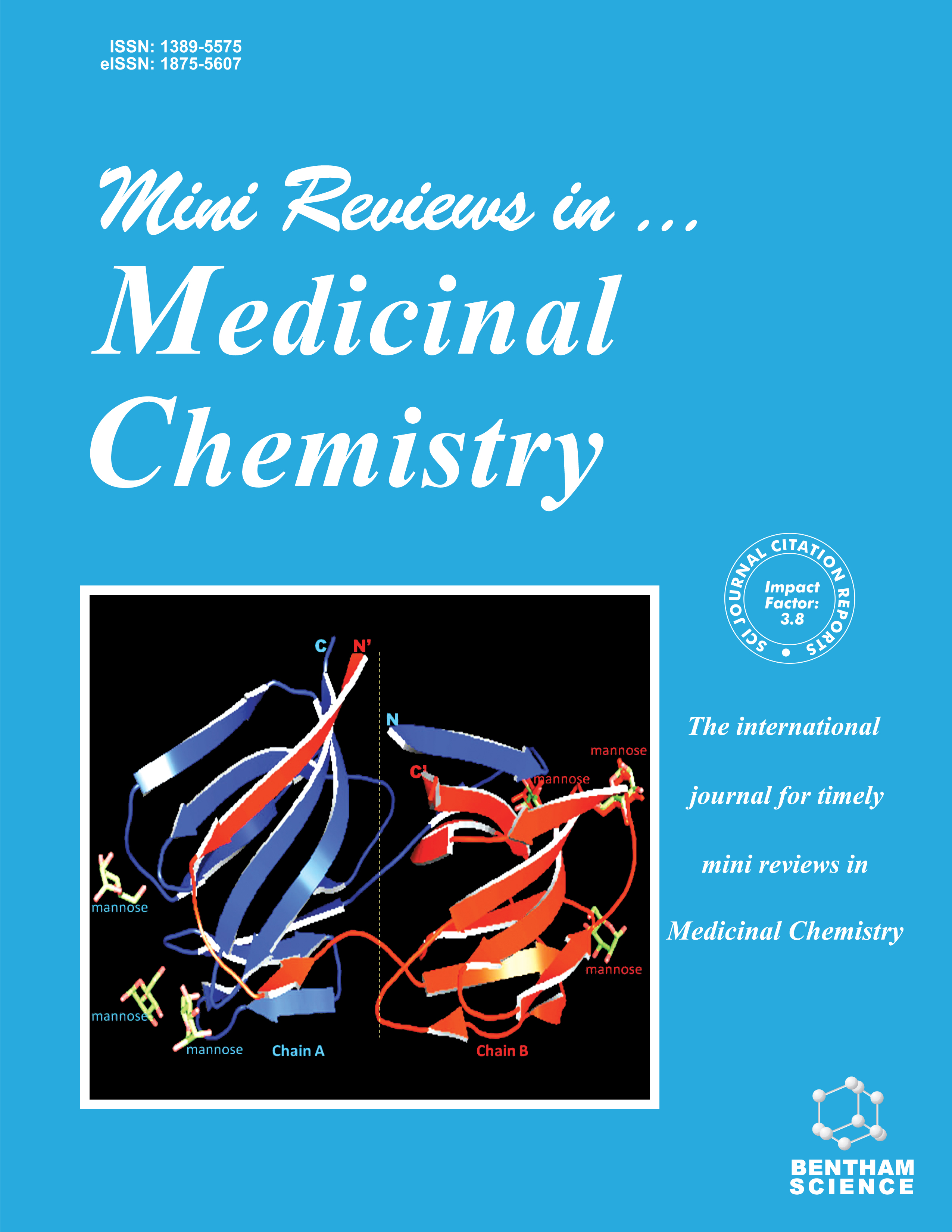
Full text loading...

Individuals diagnosed with inflammatory bowel disease (IBD) face a significantly heightened risk of developing colorectal cancer (CRC), primarily due to persistent intestinal inflammation that fosters neoplastic transformations across the colon. This narrative review delves into the potential of certain fruits, such as black raspberries, Amazonian açaí, apples, grapes, cocoa, Ziziphus jujuba, and Moringa oleifera, in mitigating IBD-induced CRC. Preclinical studies indicate that these fruits possess anti-inflammatory and antioxidant properties that may disrupt carcinogenic pathways. Notably, black raspberries have demonstrated the ability to modulate epigenetic markers by demethylating tumor suppressor genes and inhibiting DNA methyltransferases (DNMT), like DNMT1 and DNMT3B. This epigenetic modulation influences the Wnt signaling pathway, crucial in CRC development, and affects cellular processes, such as proliferation, apoptosis, and angiogenesis. Animal models further support these findings, showing that black raspberries can suppress β-catenin signaling, reduce chronic inflammation, and decrease tumor incidence. This comprehensive analysis underscores the promising role of specific fruits in CRC prevention among IBD patients and highlights the need for further research to translate these findings into clinical applications, potentially benefiting both public health and the nutraceutical industry.

Article metrics loading...

Full text loading...
References


Data & Media loading...